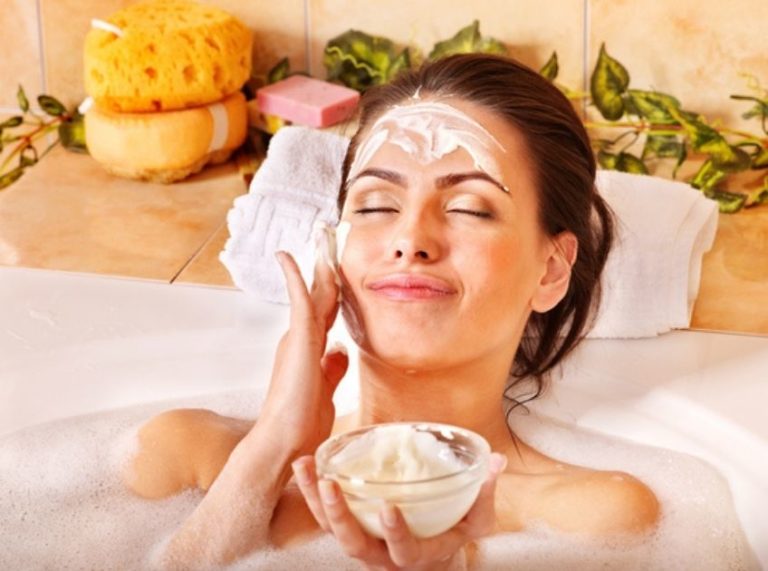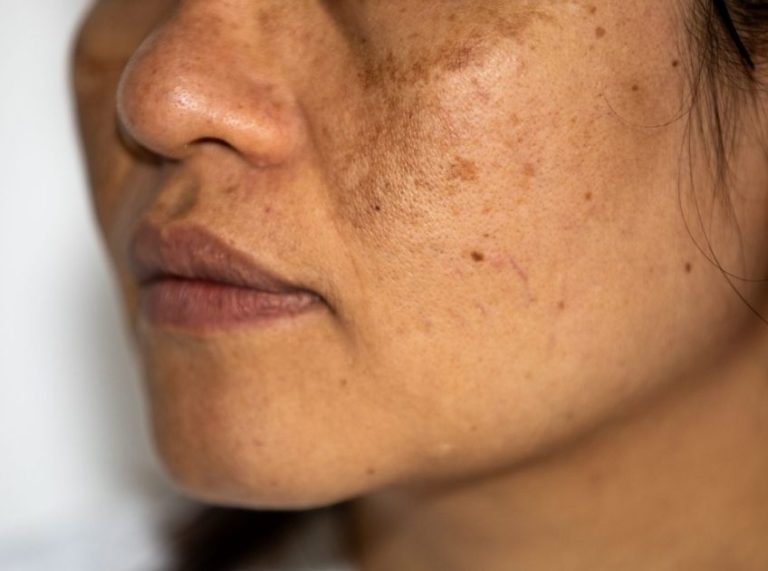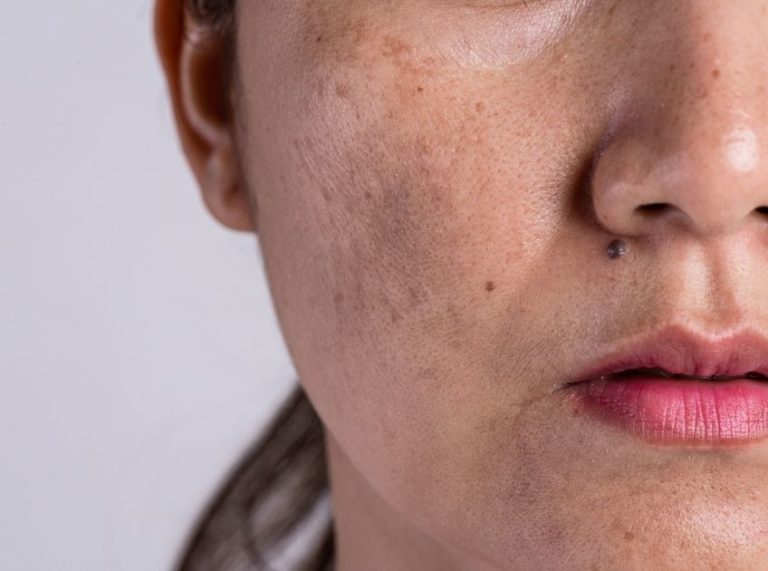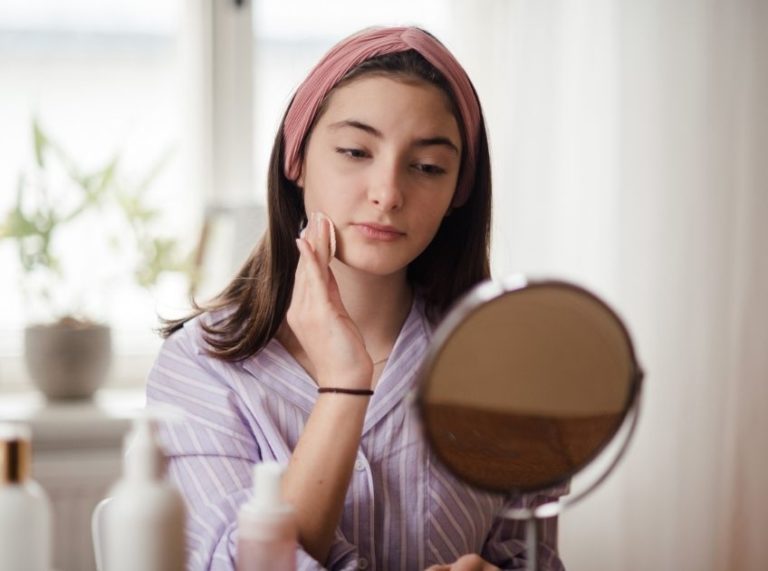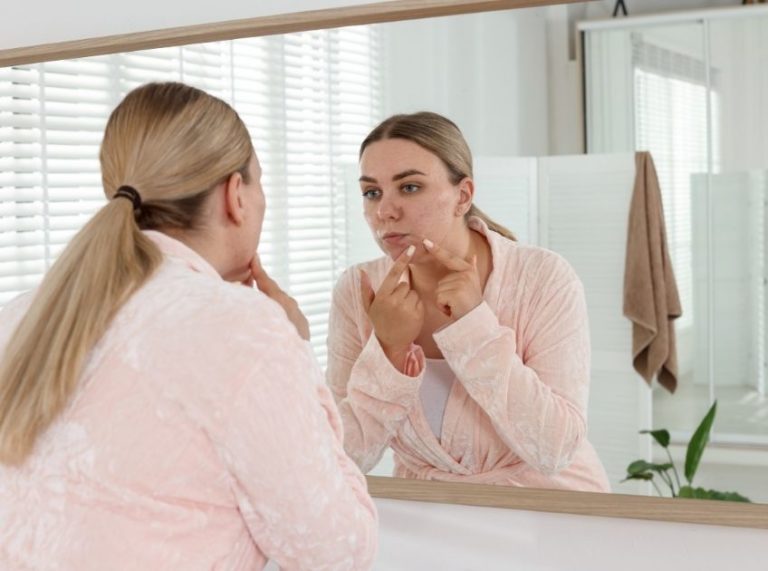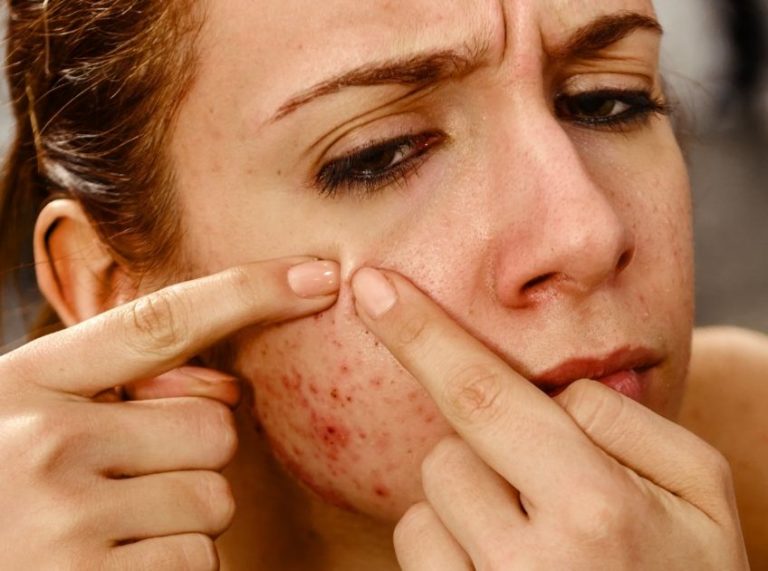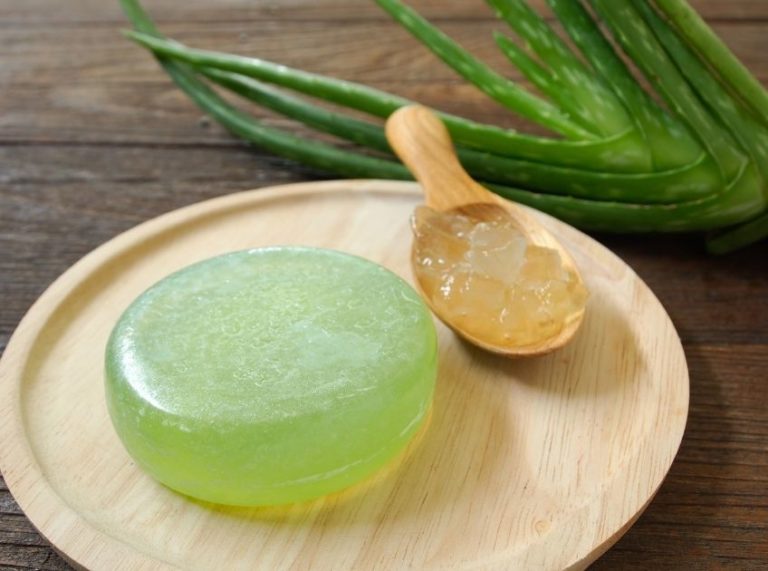
Important: This article is for informational purposes only. Please read our full disclaimer for more details.
We all want clear, glowing, and healthy skin — but what if some of your daily habits are secretly working against you? From over-cleansing to skipping sunscreen, small mistakes can cause long-term damage like premature aging, irritation, and breakouts. Dermatologists often warn that even well-intentioned skincare routines can become harmful if done incorrectly. In this guide, we’ll uncover five damaging skincare habits you should stop immediately — and explore what science says about maintaining truly healthy skin.
Article Contains
5 Common Skin Care Mistakes
1. Over-Cleansing and Stripping Away Natural Oils
It might feel satisfying to wash your face multiple times a day, especially if you have oily or acne-prone skin. But over-cleansing actually strips away your skin’s protective natural oils, disrupting the acid mantle — the thin barrier that keeps bacteria and moisture in balance.
A 2019 study in the Journal of Dermatological Science showed that frequent washing with harsh cleansers can lead to inflammation and weakened skin barrier function (1). Instead, experts recommend cleansing twice daily (morning and night) using a gentle, pH-balanced cleanser.
Pro Tip: If your skin feels tight or squeaky after washing, your cleanser is likely too harsh. Switch to sulfate-free formulas with soothing ingredients like ceramides or glycerin.
2. Skipping Sunscreen — Even Indoors
If you think sunscreen is only for beach days, think again. Dermatologists emphasize that UV rays and blue light from digital devices can penetrate windows and screens, contributing to premature aging, hyperpigmentation, and even skin cancer.
According to research in the Journal of the American Academy of Dermatology, daily sunscreen use reduces the risk of photoaging by up to 24% compared to intermittent use (2). Applying broad-spectrum SPF 30 or higher every day is one of the most effective anti-aging steps you can take.
Pro Tip: Reapply sunscreen every 2–3 hours, especially if you’re outdoors or exposed to screen light for long periods.
3. Over-Exfoliating Your Skin
Exfoliation helps remove dead skin cells, revealing smoother and brighter skin. However, overdoing it — either with scrubs or chemical exfoliants — can cause redness, dryness, and microtears. Your skin barrier can’t repair itself if it’s constantly being stripped.
A 2020 dermatological review in Clinical, Cosmetic and Investigational Dermatology found that excessive exfoliation leads to increased transepidermal water loss (TEWL), making skin more vulnerable to irritation and breakouts (3).
Limit exfoliation to 1–2 times a week, and opt for mild exfoliants like lactic acid or polyhydroxy acids (PHAs) if you have sensitive skin. Always follow up with a hydrating serum or moisturizer to restore balance.
4. Sleeping With Makeup On
After a long day, it can be tempting to skip your nighttime skincare routine — but sleeping with makeup on is one of the worst things you can do for your skin. Makeup traps dirt, oil, and environmental pollutants in your pores, leading to acne and dullness.
A study published in Dermatologic Therapy found that prolonged exposure to foundation and eye makeup can accelerate oxidative stress, a process that breaks down collagen and speeds up aging (4). Even worse, leftover mascara or eyeliner can cause eye irritation and infections.
Pro Tip: Always double-cleanse at night. Start with a gentle oil cleanser to remove makeup and sunscreen, followed by a mild foaming cleanser to clean your skin thoroughly.
5. Ignoring Hydration and Moisturization
Many people skip moisturizer thinking it will make their skin oily or cause breakouts — but this is a myth. Dehydrated skin produces more sebum to compensate for the lack of moisture, worsening acne and irritation.
Scientific studies show that maintaining hydration supports the skin’s lipid barrier, helping it retain moisture and resist environmental stress. Look for moisturizers containing hyaluronic acid, ceramides, or niacinamide, depending on your skin type (5).
Pro Tip: Apply moisturizer on damp skin right after cleansing to lock in hydration more effectively.
Frequently Asked Questions (FAQ’S)
1. How do I know if I’m over-exfoliating my skin?
A. If your skin feels tight, burns after applying products, or looks flaky and red, it’s a sign you’re over-exfoliating. Cut back to once a week and use gentle moisturizers to help repair your barrier.
2. Is sunscreen really necessary if I work indoors all day?
A. Yes! UVA rays and blue light can penetrate windows and screens. Dermatologists recommend applying sunscreen daily — even if you’re inside — to prevent long-term damage.
3. Can I repair my skin barrier after years of bad habits?
A. Absolutely. Focus on gentle cleansing, consistent moisturization, and daily sunscreen. Avoid over-exfoliating or using too many actives at once. With time, your skin can recover its natural strength and glow.
Healthy skin isn’t about perfection — it’s about consistency and care. By breaking these five damaging habits and following evidence-based skincare practices, you can restore your skin’s balance, strengthen its natural defenses, and achieve long-lasting radiance. Remember, your skin reflects your habits — so start treating it with the gentle respect it deserves, one mindful step at a time.
